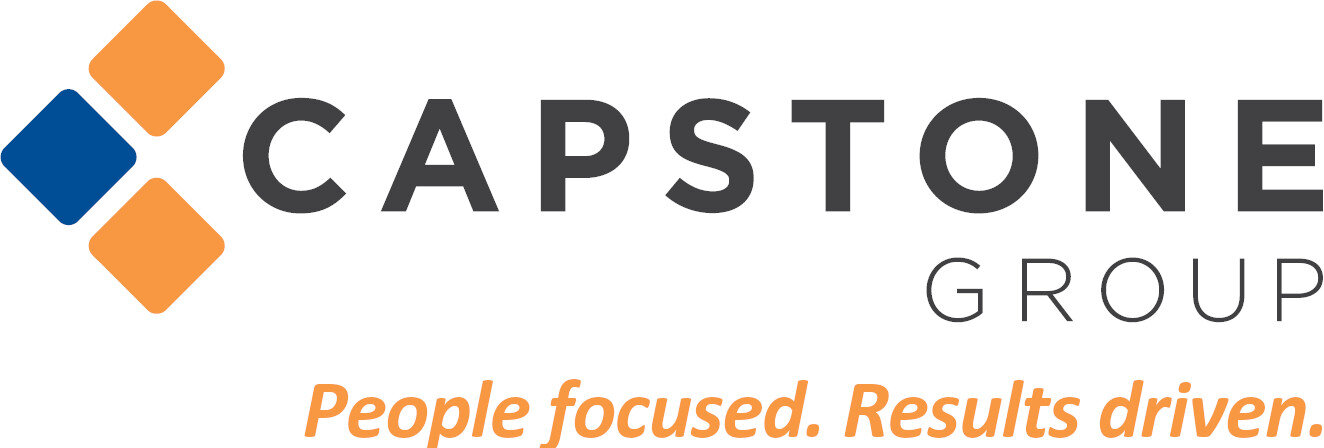On Thursday, October 12, 2017, the White House indicated that President Trump will end ACA cost-sharing reduction (“CSR”) payments to insurance companies effective immediately. This was followed up by a White House statement indicating that the payments had lacked appropriations and therefore the government could not lawfully continue making them. While the impact to insurance companies and individuals who obtain subsidized coverage in the Marketplace is expected to be significant, the direct impact to employers and employer sponsored health plans is expected to be minimal.
Implications for Employers
The direct impact of this decision is minimal. Applicable large employers (“ALE”) - those with 50 or more full time equivalent employees - are subject to ACA employer shared responsibility “A” or “B” penalties for failure to offer affordable and/or minimal value coverage to fulltime employees, if one or more of those employees obtain a subsidy or CSR in the exchange.
Even if CSRs are eliminated, since a prerequisite to an individual obtaining a CSR subsidy is to qualify for a premium reduction subsidy, there should be no change to an ALE’s “A” or “B” penalty exposure since premium reduction subsidies are not impacted by this White House decision.
Further, since an ALE must make an offer of affordable and minimum value coverage in order to avoid “A” or “B” penalties, we do not anticipate a significant increase in employees forgoing coverage in the Marketplace and enrolling in employer sponsored plans (since those individuals would generally have been ineligible for Marketplace subsidies due to the employer’s offer of affordable and MV coverage in the first place).
Additionally, if carriers exit the Marketplace or otherwise cancel plans in light of this change in policy, employers may see an increase in requests for special enrollment in their group health plans due to the loss of eligibility for Marketplace coverage.
The indirect implications are less clear. Stopping CSR payment will make individual insurance more expensive in the Marketplace. This may lead to carriers dropping out of the Marketplace, or if they remain, pricing plans beyond the reach of those individuals who previously benefited from CSR payments. This will likely result in an increase in the uninsured population. All payers in the health care system are affected by higher costs when there is a high uninsured population receiving uncompensated care.
Read more: http://www.capstonehealthreform.com/

